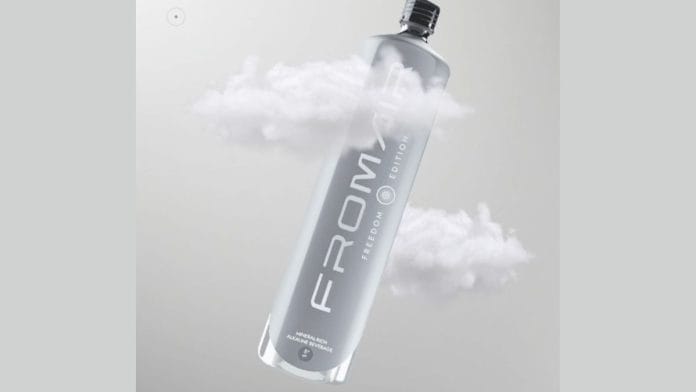New Delhi: Water drawn from the atmosphere and packaged into bottles for human consumption is a plot right out of Star Wars. But it’s very much a reality in India.
The latest company to adopt this technology is ICICI Bank, which has installed atmospheric water generators (AWGs) in its offices across India. Together, they will produce 8,000 litres of potable water that will benefit 4,200 employees across Bengaluru, Hyderabad, Mumbai and Chennai, ICICI Bank said in a press release Monday.
AWGs are increasingly being adopted as a solution to drought and water cuts. As the name suggests, the technology pulls water from the air. The vapour is condensed into water droplets and converted into clean, microbe-free drinking water.
In Bengaluru—which has weathered many a water crisis—the K. R. Puram Government Hospital, a government-run school and even the Jawaharlal Nehru Planetarium have installed AWGs.
“It is estimated that the atmospheric moisture holds several times of the fresh water in all rivers on the planet. This initiative reduces our dependence on packaged water, along with making good use of the atmospheric moisture,” said ICICI Bank’s group chief human resource officer Soumendra Mattagajasingh in the press release.
India is facing a severe water crisis, with nearly 600 million people experiencing high to extreme water stress, according to a 2018 NITI Aayog report.
Start-ups such as Uravu Labs in Bengaluru are already providing the service and selling bottled atmospheric water.
“AWGs can play a key role in reducing dependence on depleting groundwater sources and preventing wastage which happens with reverse osmosis. But the key will be providing low costs of up to Re 1 per litre for mainstream adoption,” Swapnil Shrivastav, the co-founder and CEO of Uravu Labs, told ThePrint.
How the atmosphere can be a saviour
With groundwater depleting to dangerously low levels in India, the atmosphere can be a part of the solution. It holds approximately six times more water than all the world’s rivers combined, according to the Uravu Labs website.
The AWGs extract water from the surrounding air—the more humid it is, the better. It follows the process of condensation where vapour is converted to water, which then undergoes several filtration processes. Essential minerals are added at the end of the process.
These AWGs have operational capability across temperatures ranging from 18 to 45 degree Celsius and relative humidity from 25 to 100 percent, read the ICICI press release.
On the other hand, Uravu Labs doesn’t use the condensation method to extract water from the air.
“We use a liquid salt which absorbs the moisture and then we apply energy to release it,” said Shrivastav. “The energy consumption of condensation-based technology usually ranges from Rs 3 to Rs 8 per litre. The lower cost of Rs 3 per litre is usually when the weather conditions are ambient. If not, the cost usually increases.”
Sneha Yadav is an intern with ThePrint
(Edited by Radifah Kabir)
Also Read: Search for an Indian Carl Sagan is on. Science influencers are being trained in labs and likes







This technology has been in existence for the past decade nothing new about it